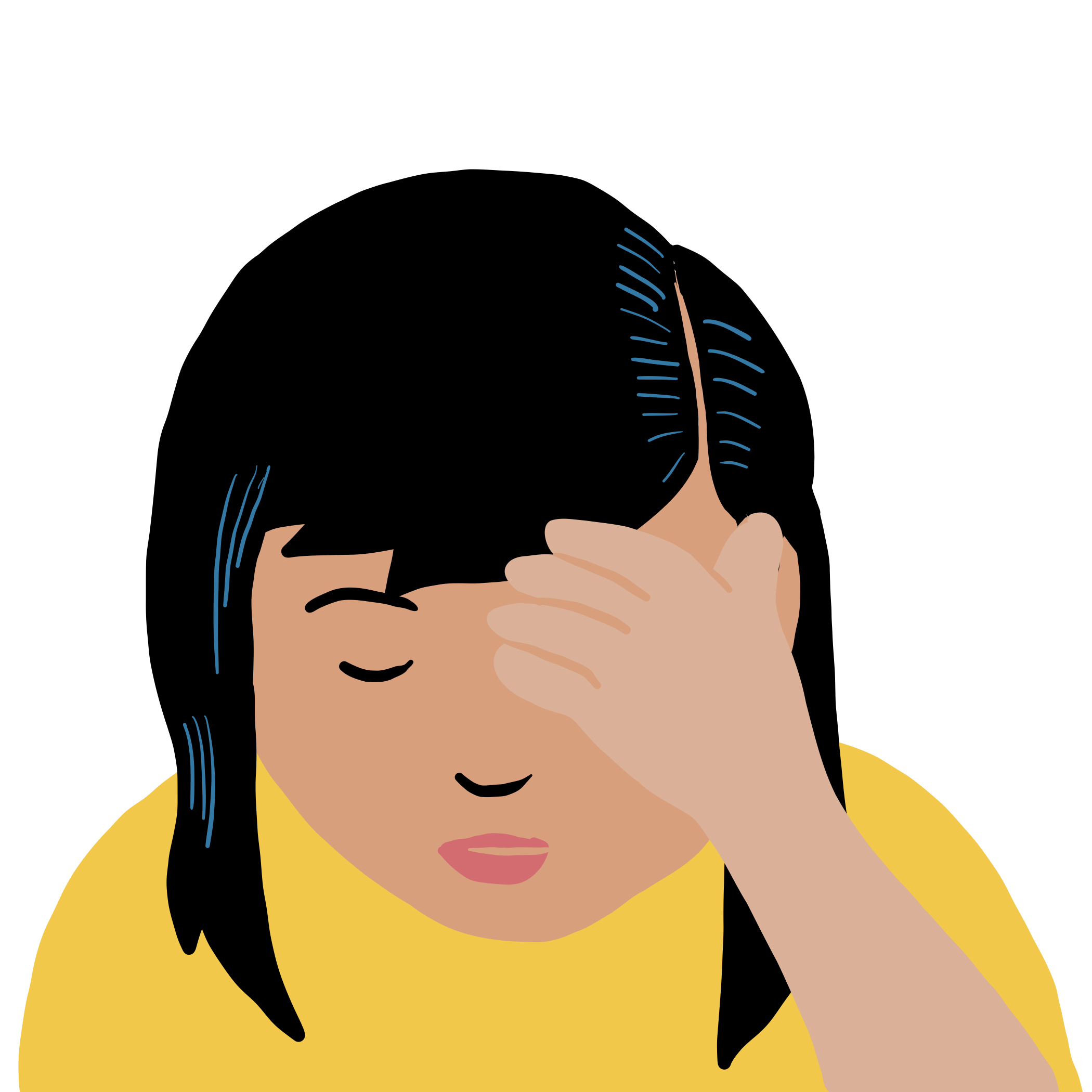Ready for your checkup?
- February 22, 2020
- P3 : Good Health
- Tags: Good health, well-being, doctors, clinic, patient, healthy SDG3
Promising to deliver good health for the world’s people is no easy task. It involves many organisations working together over a long period of time and any delays or mistakes are likely to be life changing for billions of ordinary people. This is particularly true when dealing with infectious diseases.
Coronavirous
The number of people infected and affected by the current coronavirus outbreak continues to grow globally. Governments, and agencies like the World Health Organization, are working tirelessly to contain, and ultimately defeat the virus. In China, local governments have locked down cities and businesses and restricted travel, while the general public has adopted a voluntary home quarantine. The human toll has been steep. This is a global problem to solve.
HIV/AIDS
The HIV/AIDS epidemic brought the world’s medical community together to make a strong, steady international commitment to fighting the problem. Funding has fuelled an acceleration of evidence-informed HIV prevention, testing and treatment programmes. As a result, incidences of HIV in sub-Saharan Africa have declined by more than a third.
Tuberculosis
Tuberculosis remains a leading cause of ill health and death. In 2017, about 10 million people fell ill with tuberculosis, but incidences of tuberculosis have continued to decline. The current pace of progress is not fast enough to meet the Sustainable Development Goal target, with drug-resistant tuberculosis remaining a continuing threat.
Malaria
After more than a decade of steady advances in fighting malaria, progress has stalled. No significant gains were made in reducing the number of malaria cases worldwide in the period 2015–2017. Sub-Saharan Africa continues to carry the heaviest burden of disease, accounting for more than 90 per cent of the global malaria burden. Worryingly, there were an estimated 3.5 million more malaria cases in the 10 highest-burden African countries in 2017.
Hepatitis
In 2015, an estimated 325 million people worldwide were living with hepatitis B virus or hepatitis C virus infections. The widespread use of hepatitis B vaccine in infants has considerably reduced the incidence of new chronic HBV infections.
Tropical Diseases
In 2017, over one and a half billion people were needed treatment and care for neglected tropical diseases. This is down from two billion in 2010.
Non-communicable diseases, mental health and environmental risks
The probability of dying from the four main non-communicable diseases – cardiovascular diseases, cancers, chronic respiratory diseases and diabetes – between 30 and 70 was 18 per cent in 2016. The risk is still higher for men than for women.
Mental health
Progress has been made in reducing the global suicide rate but it is still the second-highest cause of death among people between 15 – 29 globally.
Tobacco use declined in 2016. It fell faster for women, but despite this, the number of people dying from a tobacco-related illness was estimated to be more than 8.1 million in 2017.
Road traffic injury is the leading cause of death for children and young adults. The number of road traffic deaths climbed from 1.31 million in 2013 to 1.35 million in 2016.
Air pollution increases the risk of cardiovascular and respiratory disease and, in 2016, led to some 7 million deaths worldwide. Sub-Saharan Africa and most of Asia and Oceania (excluding Australia/New Zealand) have the highest mortality rates as a large proportion of the population still rely on polluting fuels and technologies for cooking.
Inadequate and unsafe drinking water, sanitation and hygiene is linked to most of the incidencies of diarrhoea, for instance, all of the infections with soil-transmitted helminths and 16 per cent of the burden from protein-energy malnutrition, leading to a total of 870,000 deaths in 2016 from the three conditions.





© Copyrights 2024 All Rights Reserved. 17Promises




